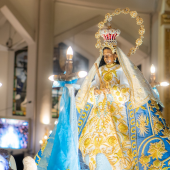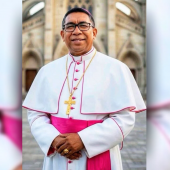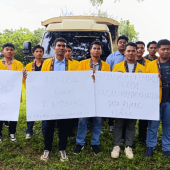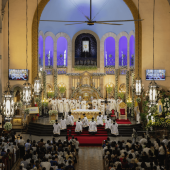Why Filipinos Still Defend Leaders Who Lied to Them — A Nun Speaks Out
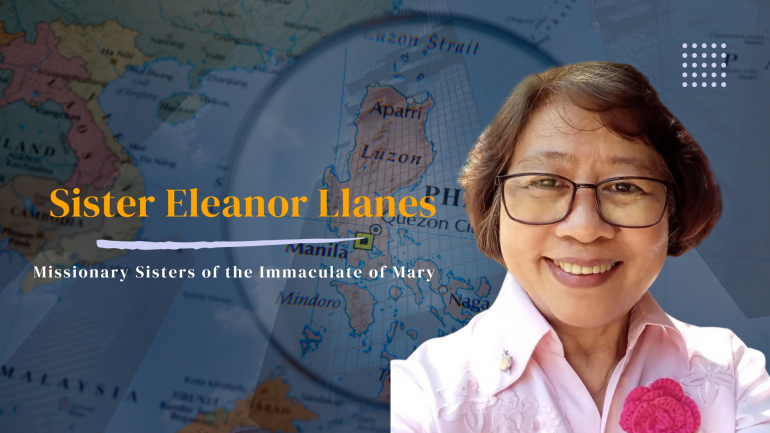
In a country reshaped by coordinated disinformation and a brutal drug war, many Filipinos still defend leaders who fed them lies.
For Sister Eleanor Llanes, a member of the Missionary Sisters of the Immaculate of Mary who has spent her life accompanying marginalized communities in the Philippines and Brazil, this loyalty reveals a deeper crisis, one that strikes at the nation’s conscience, its politics, and even its faith.
She sees how false narratives continue to shape public opinion and harden divisions.
Yet she remains grounded in hope, especially in the rising courage of young people, whom she believes carry the promise of a nation still capable of truth, justice, and renewal.
For her, the damage is deep, not only because disinformation spread quickly, but because many embraced it wholeheartedly.
“Many people believed the lies, and they defended them, even when the truth was already clear,” she said.
She has witnessed how emotional loyalty can override facts and conscience.
“Some people witness wrongdoing with their eyes wide open, yet their voices rise to protect it,” she noted. “Some know exactly what is wrong, yet they defend it to save face, refusing to admit their mistake, a sign that serves one’s ego more than the country.”
The effects ripple across society, dividing groups, families, and friends.
“Disinformation has forged emotional bonds between followers and politicians, bonds strong enough to ignore even clear corruption,” she said. “The first tale that reaches people hardens into reality, and whatever comes after is brushed off as untrue.”
As a Catholic nun, she roots her perspective in faith and moral responsibility.
“The sacredness of life can neither be reduced nor revoked, not even for those who have sinned or broken the law,” she said. “Every person deserves due process,” recalling the years when many justified the killings of the drug war as necessary.
And while confronting lies is essential, she believes faith communities must rise to a higher calling.
“The Church must never stop speaking the truth with clarity and compassion,” she said. “We are called to strengthen our communities and to live the Gospel fully.”
She believes the way ahead involves not only speaking the truth but also engaging in politics as a matter of moral duty.
“To honor life and protect creation, we cannot remain on the margins,” she said. “Politics, when lived rightly, is a form of caring for the common good.”
Still, she cautions against being consumed by those who cling to falsehoods.
“Let us not linger on them, lest we lend them more power than they deserve. Instead, let us give our voice to the wonderful works of God.”
For her, competent and honest leaders deserve honor, firm support, encouragement, and prayers from the people they serve.
“Admiring good leaders is not enough,” she said. “We must support their leadership and safeguard them from those who would corrupt or undermine them.”
She sees the impact of the massive, coordinated waves of disinformation, first seen in the Philippines during the 2016 national and local elections, may linger for a long time.
“We must keep pushing back and continue speaking the truth,” she said.
Radio Veritas Asia (RVA), a media platform of the Catholic Church, aims to share Christ. RVA started in 1969 as a continental Catholic radio station to serve Asian countries in their respective local language, thus earning the tag “the Voice of Asian Christianity.” Responding to the emerging context, RVA embraced media platforms to connect with the global Asian audience via its 21 language websites and various social media platforms.










